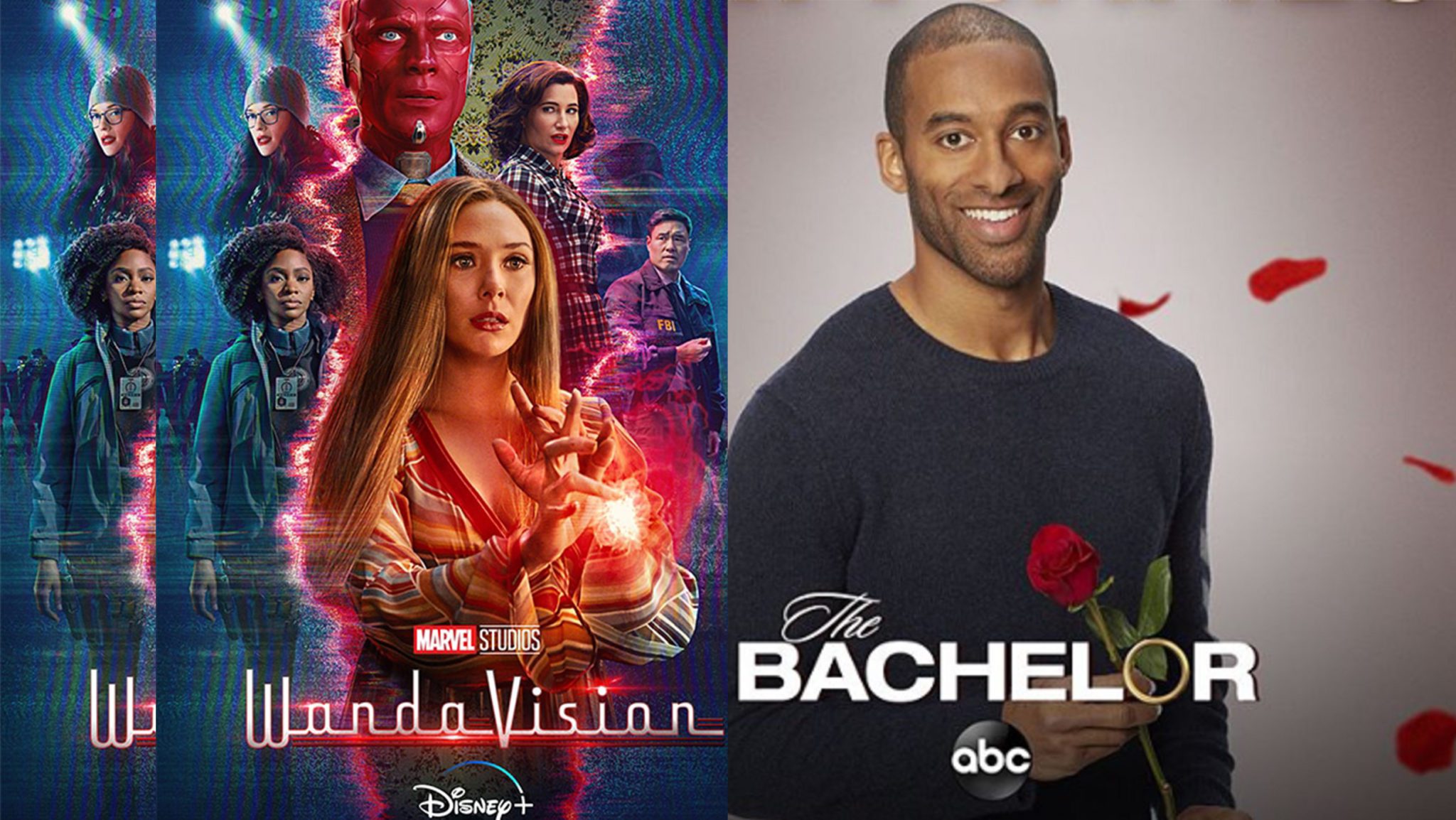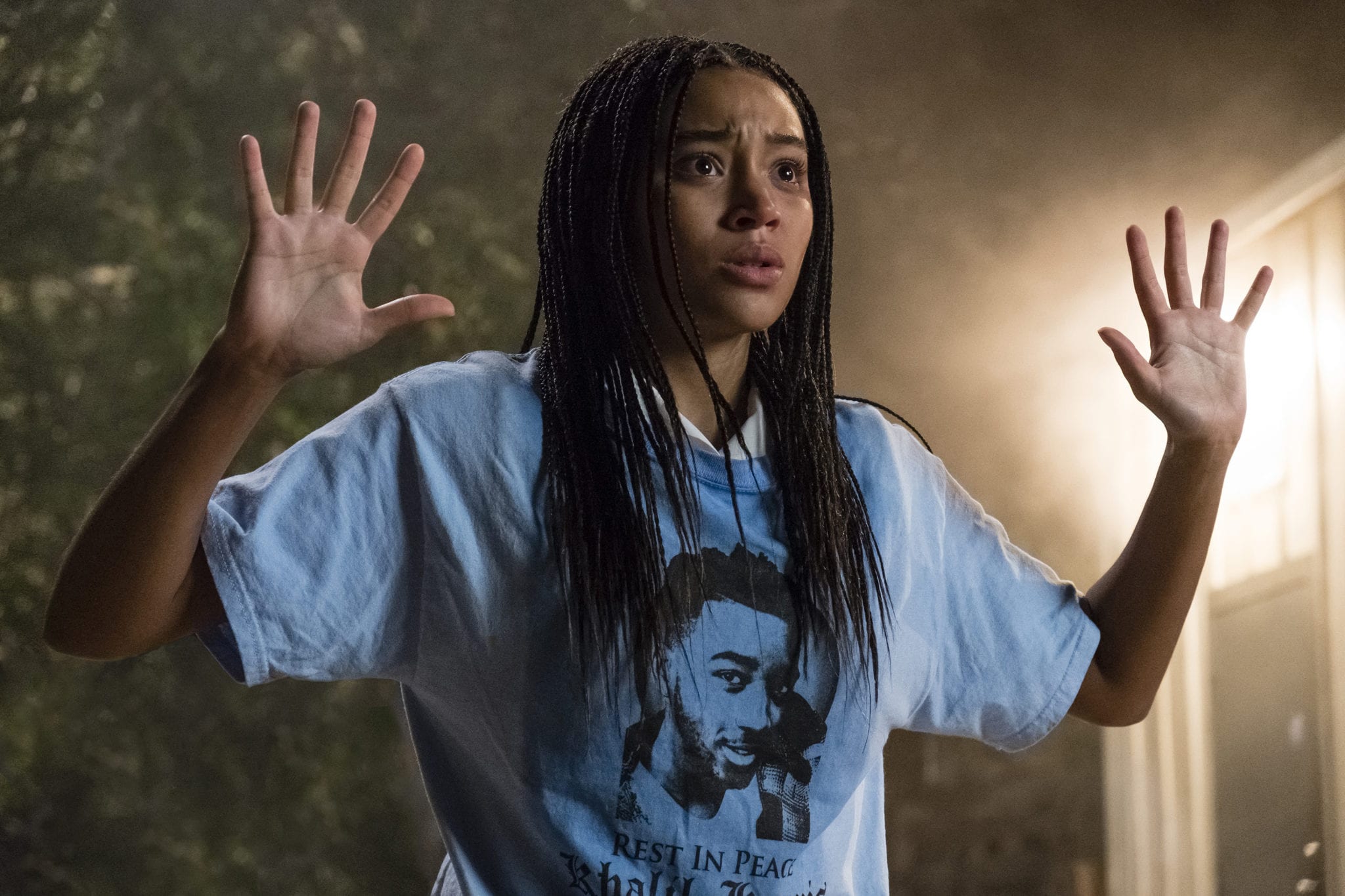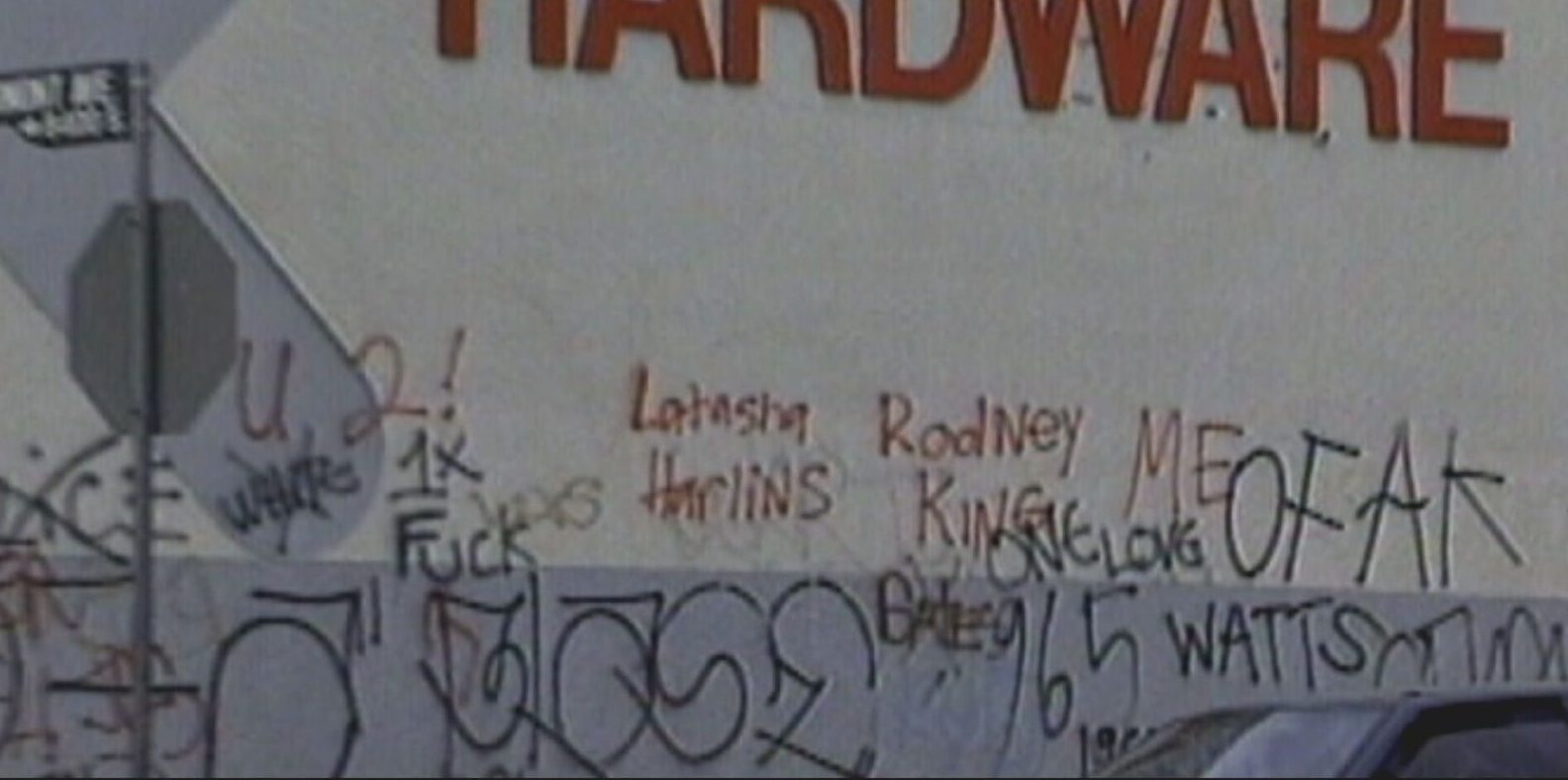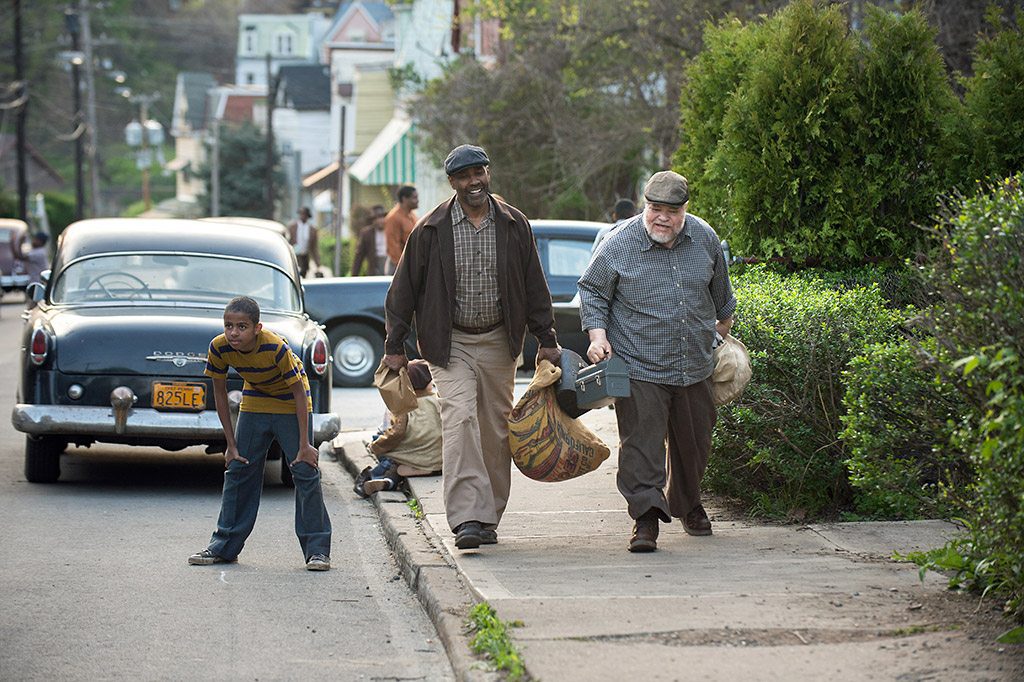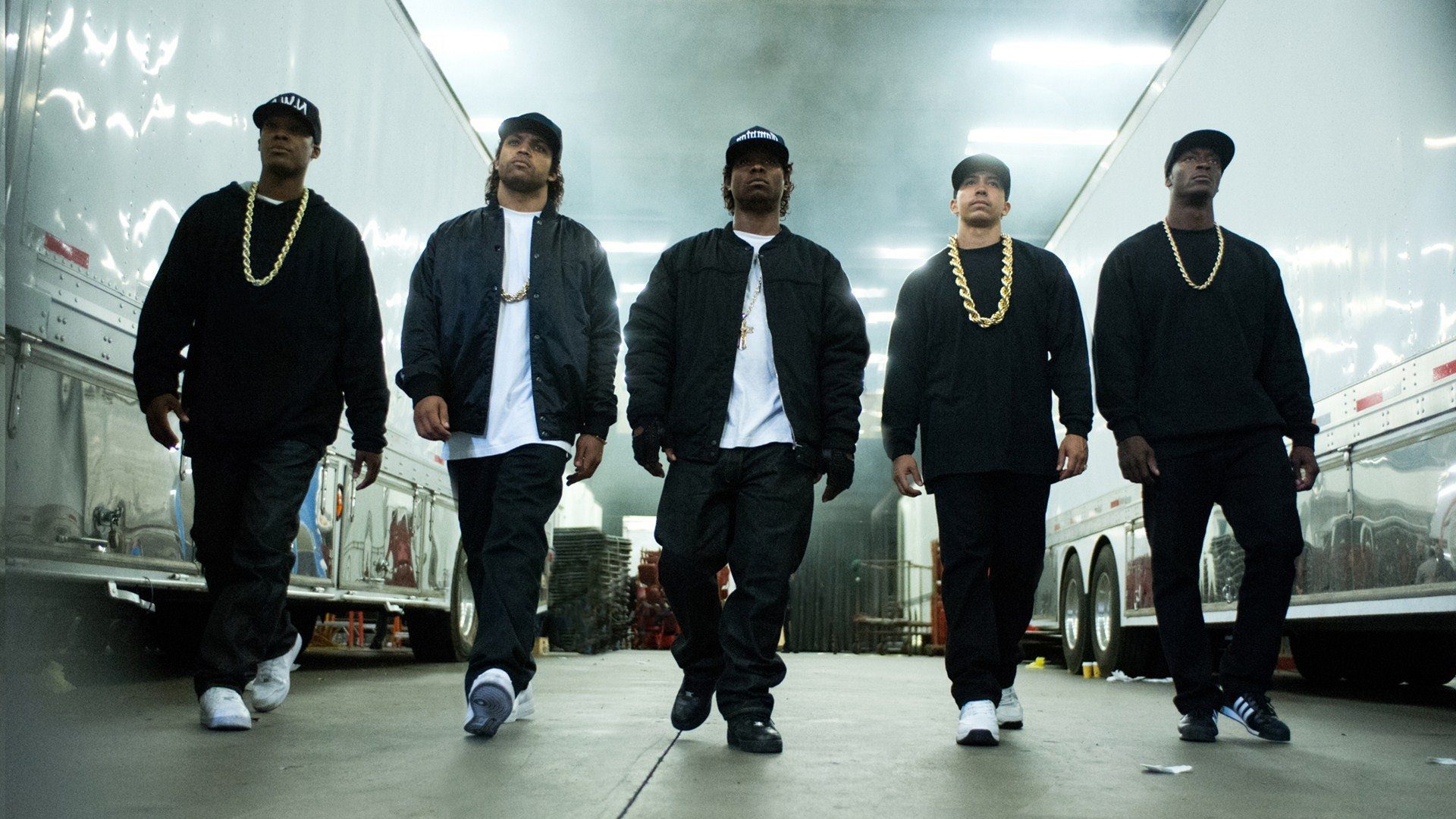
Chauvin Verdict Reaction; Race & Policing
Derek Chauvin is found guilty of murdering George Floyd. In this episode of the Your Sunday Drive podcast, we talk about the trial, the verdict and the related issues: race, racism and justice in America; the influence of politics and media; policing and how race is related; what this event could mean for the future….

